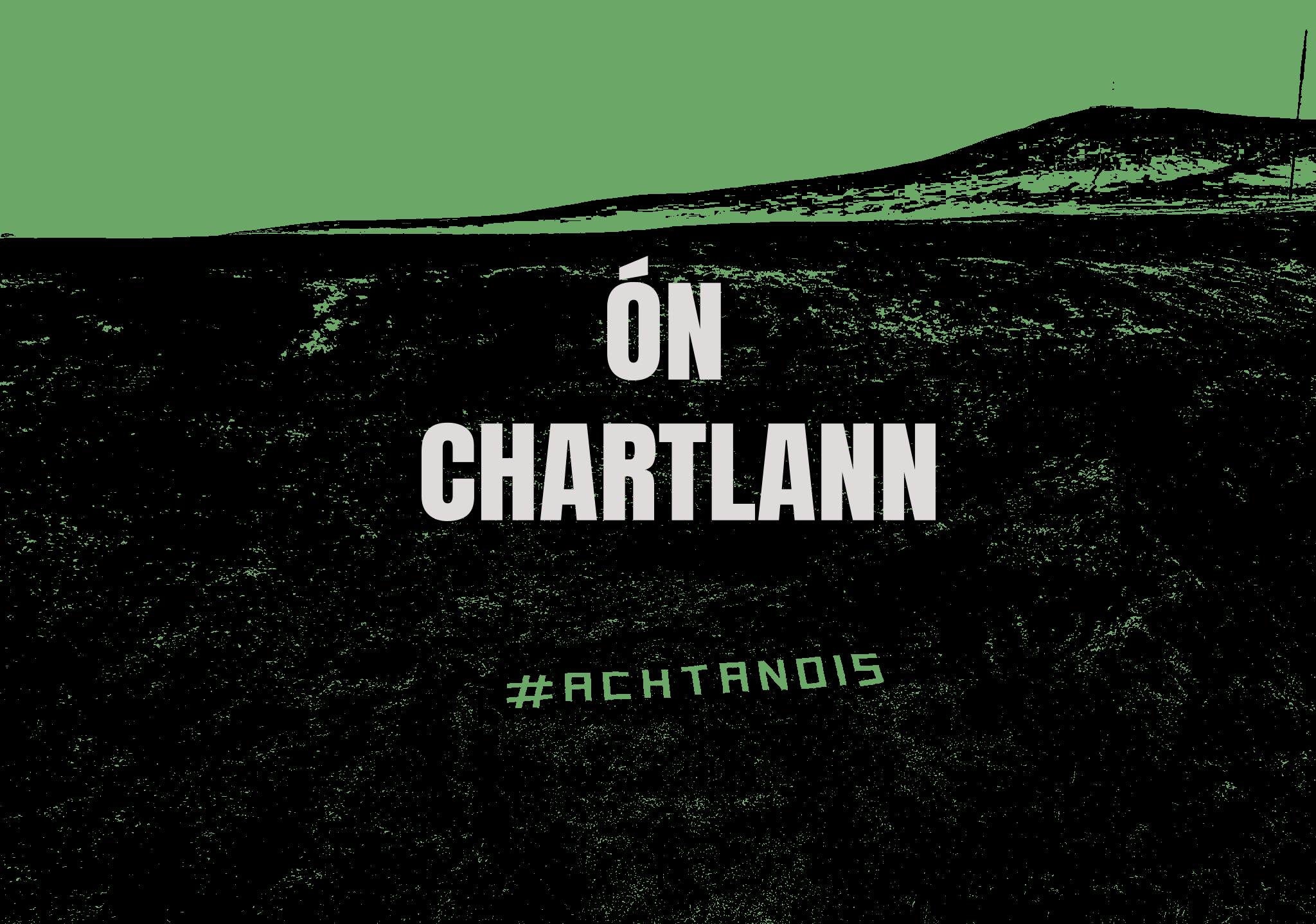An litir dhearg
Bí ar an eolas! Faigh ár nuachtlitir le bheith suas chun dáta leis na feachtais ar fad.

Who would have predicated, when the draft programme for Government was published by the Executive in October 2016, what the following years would bring? For Irish language activists, the autumn of 2016 signalled a significant low point: no reference to the St Andrews commitment to introduce an Irish language act, a DUP Education Minister following through on pre-election commitments to ‘end the preferential treatment of Irish-medium education’ and open derision of anything related to the Irish language from some of the most senior politicians in this state. Our rights and our community were excluded to the margins.
When the RHI revelations rocked the foundations of power sharing however, the DUP reverted to the ‘tried and tested’ tactic of attacking the Irish language to deflect from their own failures which backfired spectacularly when Paul Givan was forced into a humiliating climbdown having infamously removed the now renowned Líofa grant on the 23 December.
An Dream Dearg’s first public protest of 2017 was labelled ‘Bursaries not Boilers’ and the significance of the Líofa grant debacle cannot be underestimated in terms of revitalising the Irish language movement. More generally, Allison Morris described how it and the subsequent crocodile comments reinvigorated the nationalist electorate and stated on UTV’s The View that it was ‘ironic that there was now talk of a border poll and Irish Unity because of a £50,000 bursary for the Gaeltacht.’
The collapse of Stormont ironically led to a renaissance of politics; street politics re-emerged as movements representing those sections of society for whom the Peace Process had yet to deliver arose and poured out onto the streets demanding a fairer, more representative, rights based society.
In May 2017, 15,000 marched to Belfast City Hall demanding an Irish Language Act, which had been committed to by both the British and Irish Governments at St Andrews in 2006. In the 5 years that have past, any hope that it would be a return to ‘normality’ have been diminished as the outworking’s of Brexit and the rights deficit continue to act as a catalyst to the transformative political upheaval unfolding daily.
All the while, the voices demanding change have grown louder. Today, an even bigger turnout is expected as An Dream Dearg are once again marching to Belfast City Hall demanding ‘Cearta, Cothromas agus Cóir’ [Rights, Respect and Recognition]. The genie is out of the bottle and the determination, ingenuity and resilience of a new generation of young activists will not be stifled or reversed.
These committed and confident young people are emboldened by the intransigence of political unionism and the duplicity of the British Government. Their determined to make their voices heard and to directly affect change through their own agency rather than waiting on politicians delivering it on our behalf is inspiring.
It is a testament to those activists that they have transformed public attitudes and the overall debate about an Irish language act and the Irish language more generally. Much of 2017 and 2018 was spent explaining why it was needed, how much it would cost; and generally justifying our existence as a minoritised language community, ‘who all speak English anyway’. That debate is now over.
The focus now, even from many Unionists, is on the legislative procedure which will deliver it and not on whether it should be delivered at all. The choreography and soundbites recently would indicate that the British Government are ready to move on Irish language legislation. We have had a number of false dawns before however and we know that the most important thing we can do is to maintain the pressure through our grassroots activism and bottom-up campaigning.
Clíodhna Ní Mhianáin from South Derry, who will address the rally today, is living proof of the transformative power of that activism. In April 2014, the campaign to establish an Irish-medium post-primary school in Dungiven was amongst the chief objectives of the ‘Dearg le Fearg’ rally, when Clíodhna was in Primary 7.
The school was finally granted status the following year allowing Clíodhna to continue her Irish-medium journey. She is now at the end of that journey and studying for her A-Levels having received her entire education through Irish. Like many of her peers, she continues to campaign for equality and language rights. Clíodhna and her generation of confident young Gaels will deliver that change. Mol an óige agus tiocfaidh sí.
Bí ar an eolas! Faigh ár nuachtlitir le bheith suas chun dáta leis na feachtais ar fad.